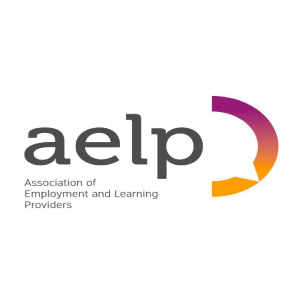
How are priorities for ESOL provision changing?
As you plan ahead for a new normal and to welcome your learners back to their place of study, we take a look at how providers have changed their priorities for their ESOL provision and what else could change in the not so distance future.
With the outlook of the job market vastly changing and the increasing demand for jobs it is vital that learners have both the English Language and employability skills in order to succeed in gaining employment. A key part of this is ensuring learners rebuild their confidence as they may have been out of the study environment and workplace for a while. In addition we could see an uptake in learners wanting to retrain and improve their English skills in order to gain employment in a new industry. From the conversations we’ve been having with you, we’ve seen a spike in interest from ESOL Providers wanting to deliver units in Work Preparation, Digital Skills and Life Skills topics to their ESOL learners, to ensure they are prepared for all aspects of life outside of the classroom.
Another consideration going forward is ensuring ESOL provision is adaptable to changing priorities and has the flexibility to be added into other study programmes. It will be increasingly important to be aware of and adapt provision to the priorities of the Department for Work and Pensions, LEPs, Combined and Local Authorities in your area; as it’s likely we will see a stream of change over the coming months and even years. This will ensure your learners receive an enriched education that will provide them with the solid foundations and skillsets to successfully gain employment in a competitive job market.
Although ESOL is not a legal entitlement there are several sources of funding that can be utilised for making sure your provision is adaptable, including flexibilities for unemployed adults and low paid workers, adult education budget and using Z codes alongside regulated learning aims if your learners require additional learning hours for ESOL. In 2020/21 the low wage flexibility will cover learners who earn a gross salary of up to £17,004 outside London and earn less than the London Living Wage in London, which current stands at £20,962. Additionally learners aged 16-19 can also complete Pre-Entry ESOL units as part of their non-qualification hours to enhance their full study programme.
At Ascentis we offer the following range of qualifications designed to improve English Language skills and aid progression to employment and further study:
- Introduction to Learning for Speakers of Other Languages (Pre-Entry)
- Employment, Digital and Community Engagement Skills for English Language Learners (Entry 3)
- English for Speakers of Other Languages (Entry 1 to Level 2)
- Community Interpreting (Level 1 to Level 3)
- Work Preparation (Entry 3 to Level 2)
- Short Online Qualifications (Entry 3 to Level 2)
If you would like to find out more on making the best of the funding for ESOL programmes, click here to view our latest webinar with Beej Kaczmarczyk.
If you have any questions or would like to discuss any of our qualifications please contact us at hello@ascentis.co.uk.



















